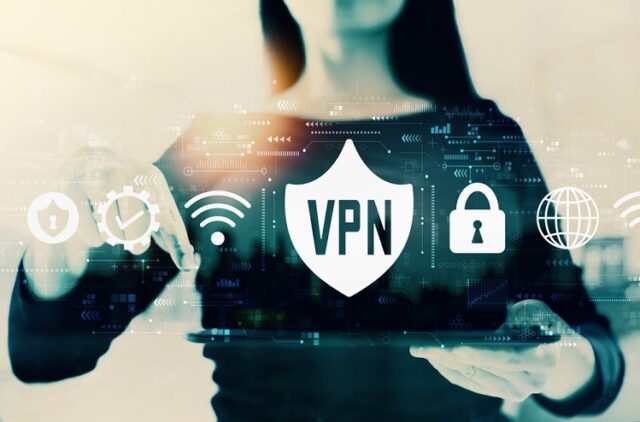Many users have certain restrictions on accessing their favorite websites and require the use of https://you-proxy.com/ or VPN proxies to connect to them. Both are used by users
Table of Contents
Content
Many users have some kind of restriction to access their favorite websites and need to use a proxy or VPN to connect to them. Both of them work very well depending on the tools the users use. However, some users are wondering what is the difference between the two. Since these two digital instruments are very similar, there are differences between them. In this article, we will talk about what a proxy and VPN are and what is the difference between them.
What is a proxy?
A proxy server is a special computer that receives our request, sends it to the target website, and then sends back the information it receives from the resulting website to us. It acts as an intermediary between the user and the target website. The proxy server hides the user’s IP address and uses its own address to send a request to the target website. This way the user will be anonymous when surfing through the proxy.
Proxies are often used when a user wants to remain anonymous or tries to access restricted content by IP address. This provides more privacy for the user who is connected to the Internet. However, the proxy server decrypts the traffic and this is unsafe for the client. There are several types of trusts that can be used for different needs, as shown below:
HTTP: The most common proxy server used to redirect website traffic.
Socks: This can work with traffic as well as games and apps.
DNS: This proxy server usually works in the device’s Internet settings.
SSL: Similar to HTTP, but with the encryption level enabled.
What is VPN?
VPN is like a proxy server and communicates between the client and the target website / server limited by the client. This works not only in the web browser, but in all applications. All traffic from the user to the VPN and then to the VPN to the site will be encrypted. This ensures the security of all data between the client and the website.
VPNs also help hide user activity from their ISPs. Some good VPNs offer a log blocking policy that ensures they cannot record, track, or share user data with third parties. However, some VPN host servers may store logs of your activity through your VPN. The best and most popular VPNs cost a lot of money. They charge customers monthly or yearly VPN plans.













